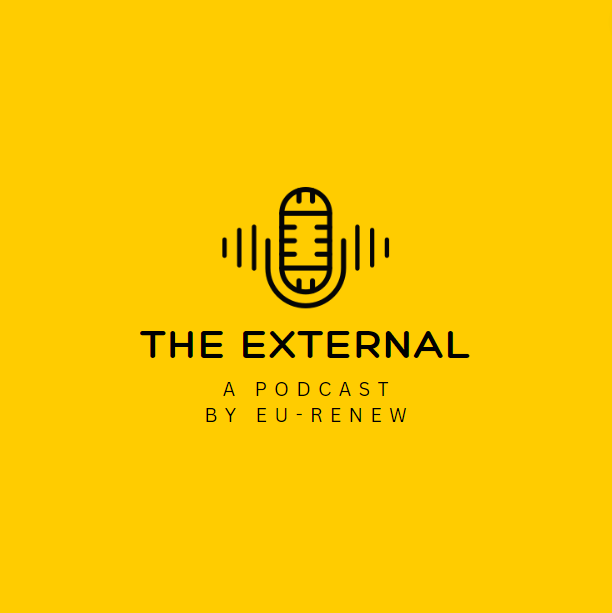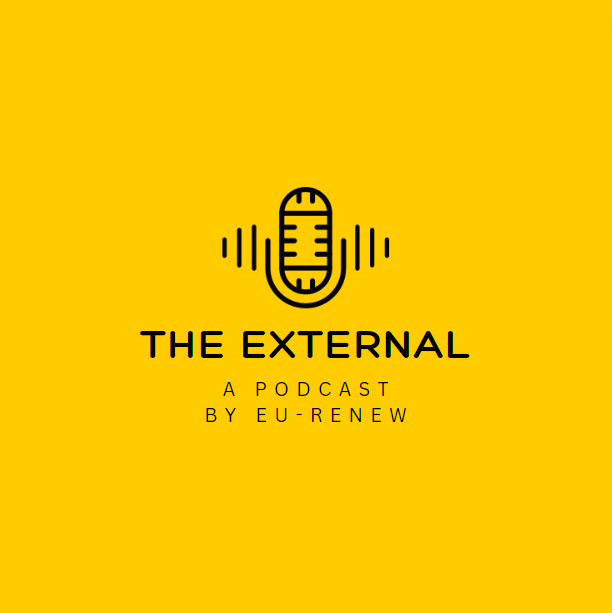Increasing Income Equality During Slow or No Economic Growth – Dr Tilman Hartley, Autonomous University of Barcelona
Original Article Reference
This SciPod is a summary of the paper ‘Policies for Equality Under Low or No Growth: A Model Inspired by Piketty’, from Review of Political Economy.
Share Episode
About this episode
When the incomes of wealthy individuals and companies grow faster than the economy itself, income inequality rises in society. However, industrialised economies such as the UK and Germany have experienced sustained declines in growth, and policies to promote economic growth often clash with environmental sustainability. Therefore, economists are attempting to find solutions for decreasing income inequality without the need to stimulate economic growth. In a recent paper, Dr Tilman Hartley at the Autonomous University of Barcelona and his collaborators outline policy interventions that can improve income equality during periods of slow or no growth.
This work is licensed under a Creative Commons Attribution 4.0 International License. 
What does this mean?
Share: You can copy and redistribute the material in any medium or format
Adapt: You can change, and build upon the material for any purpose, even commercially.
Credit: You must give appropriate credit, provide a link to the license, and indicate if changes were made.
More episodes
Dr. Claudia Ituarte-Lima – Dr. Radu Mares | How Latin America’s Groundbreaking Treaty Intersects with European Economic Law
Research by Dr. Claudia Ituarte-Lima and Dr. Radu Mares at Lund University examines how a pioneering environmental agreement in Latin America and the Caribbean introduces new ways of protecting nature and human rights. Their study reveals both opportunities and challenges in how this regional treaty interacts with European Union trade laws, offering insights into how different regions can work together to protect the environment and strengthen democracy.
Dr. Kurt Vollmer | Weeding Out the Competition: The Promise of Cover Crops in Sustainable Agriculture
As global agriculture faces increasing challenges from climate change, soil degradation, and herbicide resistance, sustainable practices are becoming more crucial than ever. Among these practices, the use of cover crops, a technique that has been gaining traction for its multiple benefits, stands out. Dr. Kurt Vollmer and his colleagues at the University of Maryland and Rutgers University have delved into this area, focusing on the potential of spring-seeded grass cover crops in improving weed management and crop yields, specifically in cucurbit production. Their research sheds light on how integrating cover crops with traditional farming techniques can lead to more sustainable and productive agricultural systems.
Dr. Luqi Ke – Prof. Dr. Qing Liu | Shipping Freight Rates: Mapping the progress of quantitative models
Freight rates are crucial in the shipping industry, underpinning the operations of shipowners, carriers, and trading companies. Over the past two decades, various studies have aimed to model these rates, employing various approaches to study different sectors of the shipping industry. A research team led by Qing Liu and Luqi Ke at the University of Hamburg presents a new review of these studies, which have important implications for the future of freight rate modelling.
Axel Marx | The successes of voluntary sustainability standards and the challenges they face
Voluntary Sustainability Standards have emerged as influential tools to promote sustainable practices in global value chains and are becoming increasingly relevant in the context of new legislation by the European Union and other governments for the promotion of sustainable development. A comprehensive review led by Axel Marx at KU Leuven examines the evolution, impacts, and challenges of these standards, offering insights into their role in global governance and sustainable development.
Increase the impact of your research
• Good science communication helps people make informed decisions and motivates them to take appropriate and affirmative action.
• Good science communication encourages everyday people to be scientifically literate so that they can analyse the integrity and legitimacy of information.
• Good science communication encourages people into STEM-related fields of study and employment.
• Good public science communication fosters a community around research that includes both members of the public, policymakers and scientists.
• In a recent survey, 75% of people suggested they would prefer to listen to an interesting story than read it.

Step 1 Upload your science paper
Step 2 SciPod script written
Step 3 Voice audio recorded
Step 4 SciPod published




